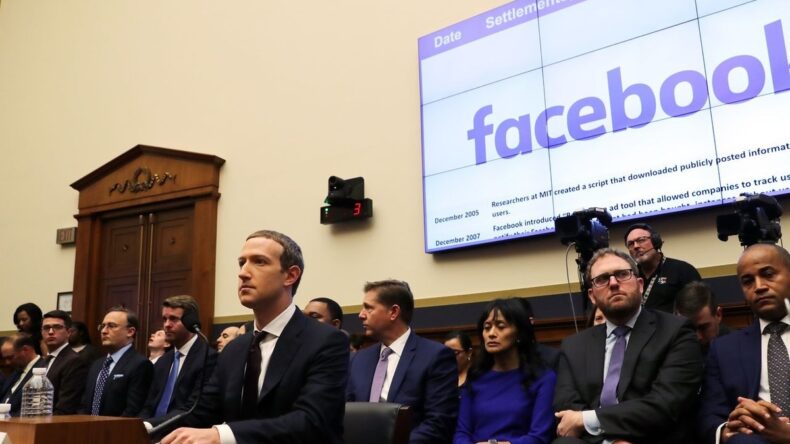Facebook requested the judge to dismiss the lawsuit in a new filing. The judge rejected the request of the company on Tuesday.
The Federal Trade Commission has claimed Facebook for illegal monopolization. The judge granted Federal Trade Commission a second chance to prove the charges on Facebook.
The US district judge James Boasberg granted dismissal to the earlier motion of the Facebook company over the summer. He gave the FTC a chance and allowed them to ament on their complaint and try again.
The judge also dismissed a relevant lawsuit. The Collison of state attorneys imposed the case. The state indicated they intended to appeal the ruling still, for the reconsideration, not granted.
The FTC first antitrust suit was from the starting block. The complaint got dismissed from the starting block last June. This brief was written on Tuesday filing by the judge.
He added that facts are far more robust and detailed than before for the defendant’s alleged monopoly to counter. This thought made the judge decide it. The commissions core theory will remain the same in its updated complaint. The share of Facebook was still positive for the day as of Tuesday.
THE COURT SAID ABOUT FTC vs FACEBOOK CASE
Initially, Boasberg dismissed the FTC’s complaint as it failed to allege Facebook’s monopoly power. In it, Facebook’s definition is a personal social networking service market. The market definition excludes other social media platforms like YouTube;
it is an application to watch videos primary or LinkedIn, used for personal networking.
The FTC can still face the challenges to prove their allegation on Facebook. They said the claim was unclear. The FTC can still move the bars to prove the claim.
The FTC claims that Facebook shares protected due to entry barriers. This fact is proved, providing enough allegedly facts that Facebook established monopoly power in the market. Its anticompetitive behavior has willfully maintained its dominance by acquiring WhatsApp and Instagram.
The judge discarded Facebook’s contention that the FTCs vote to file the amended complaint should be considered invalid.
The court says as
FTC Chair, Lina khan was acting in a prosecutorial capacity instead of in connection with the vote in a juridical role.
Boasberg says that Facebook abandoned the policies in 2018 and even stopped enforcing them earlier than that. The court does not proceed with the claim that Facebook’s interoperability policies for developers on its platform helped it maintain its dominance.













